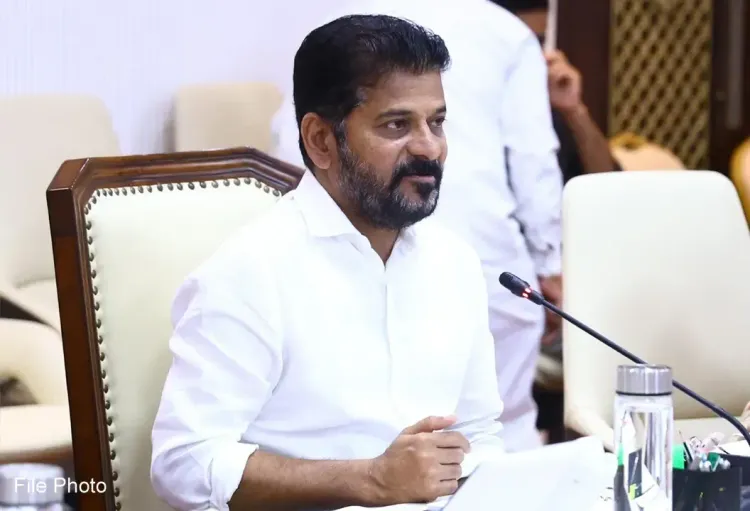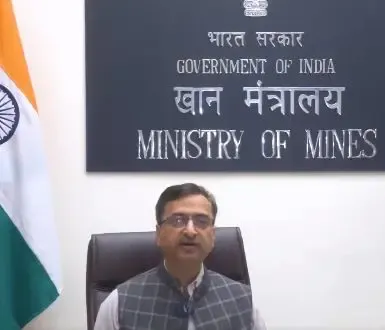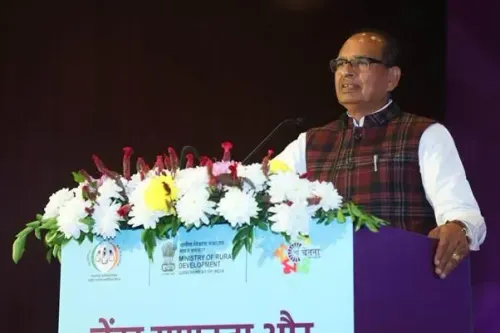Has the Telangana Cabinet Approved a Third DISCOM?

Synopsis
Key Takeaways
- Establishment of a third DISCOM in Telangana.
- Focus on renewable energy with plans for solar power procurement.
- Encouragement for industries to generate their own electricity.
- Implementation of an underground electricity cable system in Hyderabad.
- Approval for 10,000 Megawatts of pumped storage power generation.
Hyderabad, Nov 25 (NationPress) The Telangana Cabinet has given its nod for the creation of a third power distribution company (DISCOM) to complement the two existing DISCOMs in the state.
All agricultural connections, lift irrigation initiatives, Mission Bhagiratha, safe drinking water programs, and the Hyderabad Metro Water Supply and Sewerage Board power connections will be managed by the new DISCOM.
Currently, the state is served by two DISCOMs – Northern Power Distribution Company Limited (NPDCL) and Southern Power Distribution Company Limited (SPDCL).
During the Cabinet meeting, Industry Minister D. Sridhar Babu informed the media that the cabinet thoroughly evaluated the rising electricity demand in the state, the projected supply needs for the next decade, and the estimates for electricity generation.
The Cabinet has resolved to enhance the adoption of renewable energy sources. To this effect, they have decided to initiate tenders for the procurement of 3000 Megawatts of solar energy.
These tenders will be structured with time-sensitive agreements for electricity supply over a five-year period.
Moreover, the Cabinet recognized the necessity of increasing pumped storage power usage and opted to issue tenders for 2000 megawatts of pumped storage power.
Approval has been granted for companies and investors to establish pumped storage power plants, alongside a review of the existing MoUs with the DISCOMs.
The Cabinet has also sanctioned the establishment of 10,000 Megawatts of pumped storage power generation facilities in the state.
The government will provide the essential land and water resources to interested companies, with contracts stipulating that the power generated will be sold directly to state DISCOMs.
As part of the Clean and Green Energy Policy aimed at attracting new industries and investments, the Cabinet has decided to permit newly established industries to generate their own electricity, with no upper limit on generation capacity.
Additionally, the construction of a new 800 MW plant at Ramagundam Thermal Power Station under NTPC has been approved, with further evaluations of potential power plants at Palvancha and Maktal.
The Cabinet plans to implement an underground electricity cable system in Hyderabad, modeled after a similar system in Bengaluru, with an estimated cost of around Rs. 14,725 crore.
Hyderabad city will be divided into three sections based on electricity circles, ensuring that all T-Fibre and various cable network wires are laid underground alongside the electricity lines.









